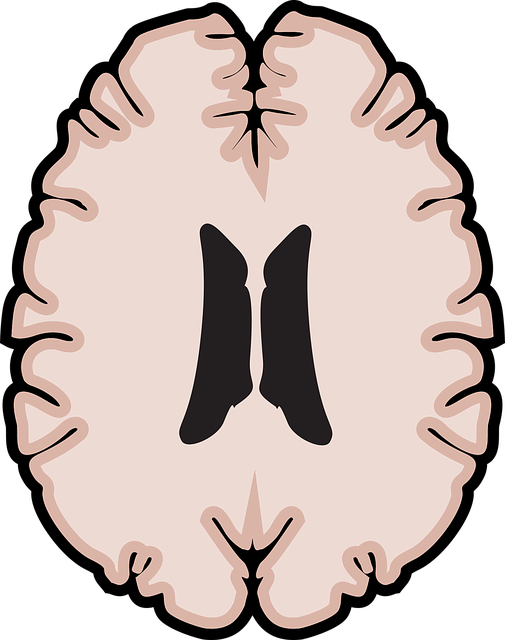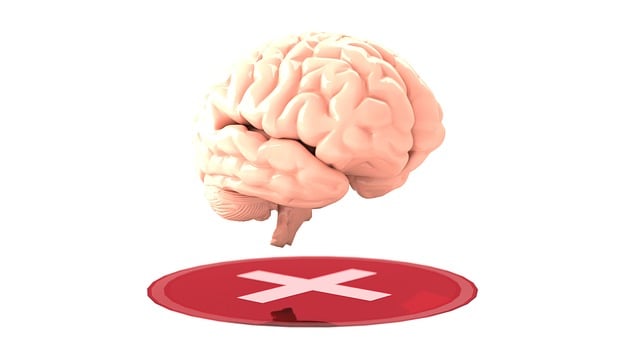Crisis Intervention Teams (CITs), staffed by trained professionals including Christian counselors, provide immediate support and tailored therapy for adolescent teens in emotional or mental health crises. Through ongoing training, CIT members learn de-escalation techniques, crisis assessment, and supportive communication. Christian counseling offers a unique approach, integrating spiritual guidance and emotional healing to enhance decision-making abilities and personal growth. Effective crisis intervention training combines Christian counseling, evidence-based techniques, and self-care routines, reducing stigma and empowering teens to advocate for their well-being.
“In today’s challenging landscape, Crisis Intervention Team (CIT) training programs play a pivotal role in equipping communities with essential tools to support adolescent teens during crises. This article delves into the significance of CITs as a vital resource, highlighting their impact on youth mental health. We explore the integral role of Christian counseling in providing specialized training and support for these teams. Additionally, we dissect key components for designing effective therapy programs, emphasizing the importance of evidence-based practices in fostering positive outcomes for at-risk teens.”
- Understanding Crisis Intervention Teams: A Vital Resource for Adolescent Teens
- The Role of Christian Counseling in Training and Support
- Designing Effective Programs: Key Components for Success in Therapy
Understanding Crisis Intervention Teams: A Vital Resource for Adolescent Teens

Crisis Intervention Teams (CITs) are a vital resource for adolescent teens facing emotional and mental health crises. These specialized teams, often composed of trained professionals from various backgrounds, including Christian counselors, provide immediate support and guidance during moments of intense distress. By integrating therapy for adolescent teens within CITs, young individuals receive compassionate cultivation practices tailored to their unique needs.
The role of these teams goes beyond short-term anxiety relief; they aim to enhance public awareness campaigns development by educating communities on recognizing and managing youth mental health crises effectively. Through ongoing training and collaborative efforts, CIT members gain valuable skills in de-escalation techniques, crisis assessment, and supportive communication, ensuring that adolescent teens receive the best care possible during challenging times.
The Role of Christian Counseling in Training and Support

Christian counseling plays a significant role in crisis intervention team training programs, offering unique advantages when it comes to supporting individuals and communities. This approach focuses on spiritual guidance and emotional healing, which can be particularly beneficial for adolescent teens facing crises. The integration of Christian values and principles into counseling practices provides a safe space for clients to explore their faith while addressing mental health challenges. Through this blend of spiritual and therapeutic support, participants gain valuable skills for managing stress, anxiety, and other common issues that often accompany crisis situations.
In the context of training programs, Christian counselors contribute to comprehensive mental health education by teaching strategies for building resilience and self-esteem. By emphasizing the importance of emotional intelligence and healthy coping mechanisms, these programs aim to boost confidence in teens. This holistic approach ensures that participants not only learn about crisis intervention techniques but also develop a deeper sense of well-being, fostering better decision-making abilities and personal growth.
Designing Effective Programs: Key Components for Success in Therapy

Designing effective crisis intervention team training programs requires a holistic approach that addresses the unique needs of adolescent teens. Christian counseling offers a safe space for vulnerable youth to process their experiences and emotions, integrating spiritual support with evidence-based therapeutic techniques. A successful program should include interactive workshops focused on skills development, such as active listening, de-escalation strategies, and trauma-informed care.
Incorporating self-care routine development for better mental health is crucial, teaching teens coping mechanisms to navigate life’s challenges. Additionally, mental illness stigma reduction efforts within the training foster an inclusive environment where adolescents feel understood and encouraged to seek help without fear of judgment. Building resilience through these programs empowers teens to become advocates for their own well-being and prepare them to support peers in crisis.
Crisis intervention team training programs, focusing on therapy for adolescent teens, play a pivotal role in equipping professionals with the necessary tools to navigate and support youth in crisis. By integrating Christian counseling techniques, these programs offer a unique and effective approach to care. The key lies in designing comprehensive curricula that cover essential components of successful therapy, ensuring practitioners are well-prepared to make a lasting impact on the lives of young individuals in need.














